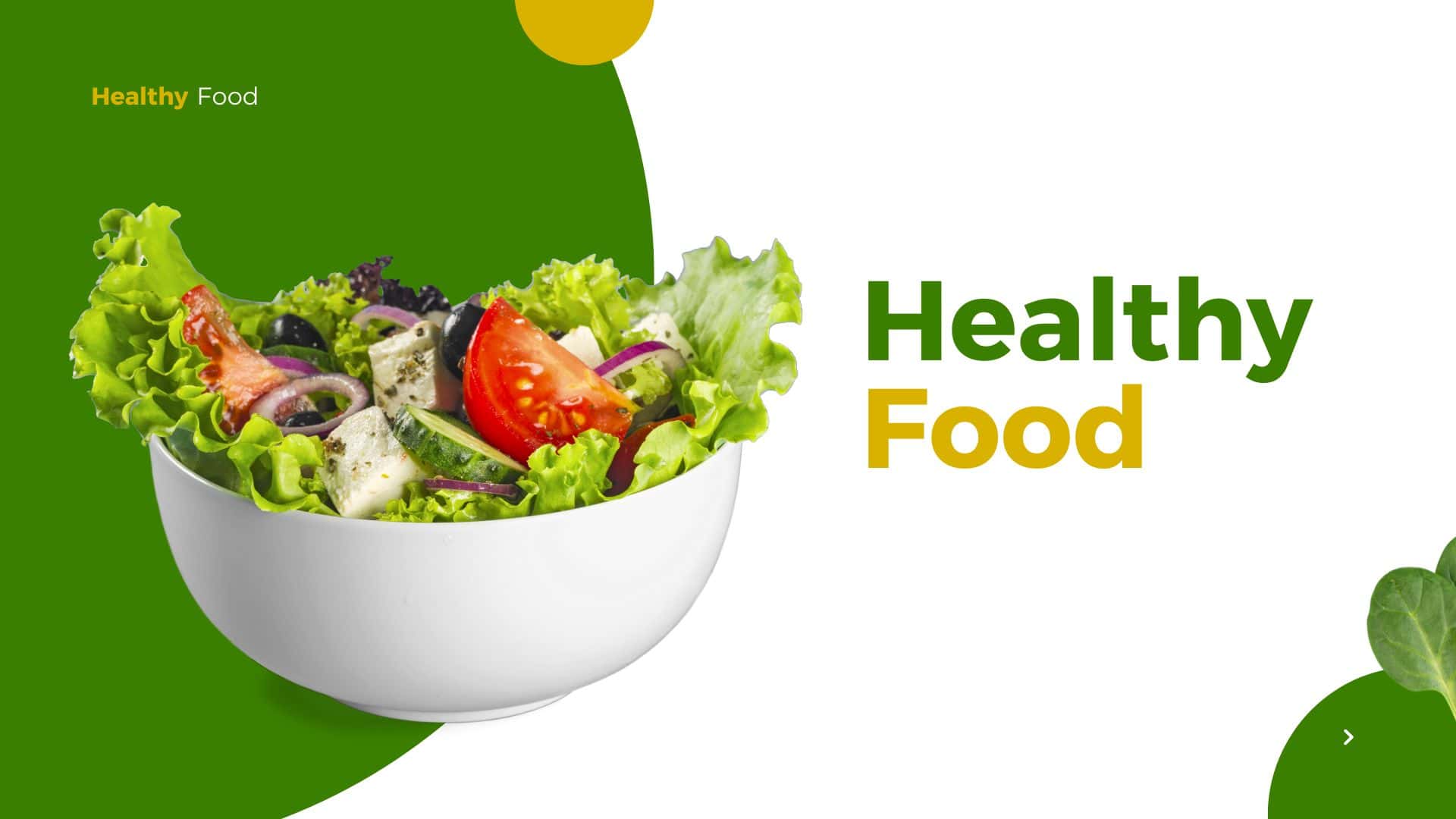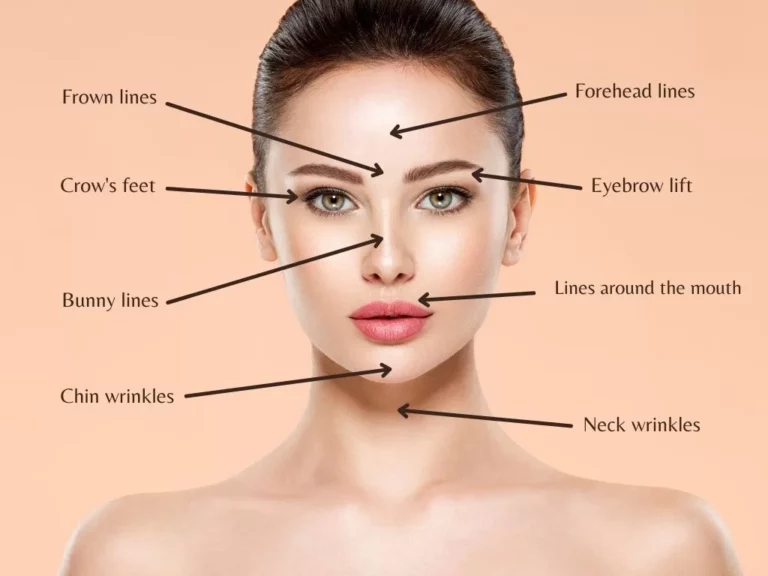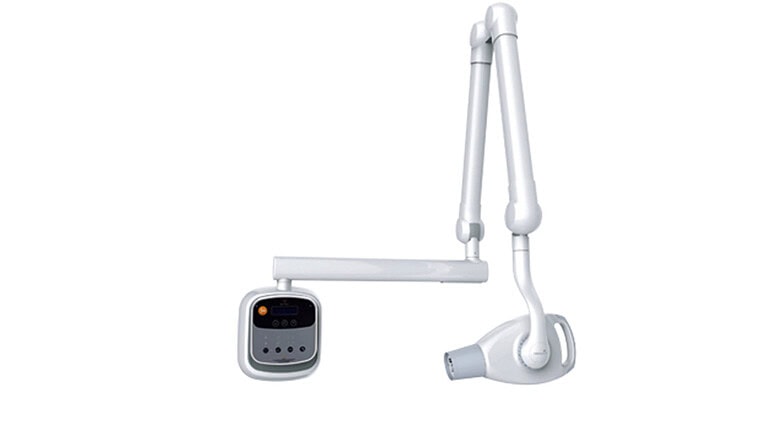Your Plate vs. Your Pearly Whites: How Diet Impacts Oral Health
We all know diet impacts our waistlines, but did you know it plays a massive role in the health of your teeth and gums? It’s not just about avoiding sugary treats (though that’s a big part of it!). The foods and drinks we consume directly influence the pH balance in our mouths, the strength of our enamel, and the health of our gum tissue. Let’s delve into how your diet can either bolster or break down your oral health.
The Sugar Scourge:
Let’s start with the obvious villain: sugar. Bacteria in your mouth thrive on sugar, producing acids as a by-product. These acids erode tooth enamel, leading to cavities.
Sticky Suspects: Candies, pastries, and sugary cereals are notorious for clinging to teeth, providing a prolonged feast for bacteria.
Hidden Sugars: Be wary of seemingly healthy options like fruit juices and sweetened yogurts. They can pack a surprising amount of sugar.
The Frequency Factor: It’s not just how much sugar you eat, but how often. Frequent sugary snacks keep your mouth in a constant acidic state, hindering enamel repair.
Acidic Assault:
Beyond sugar, acidic foods and drinks can also weaken enamel.
Citrus Culprits: Lemons, limes, and oranges are high in citric acid. While healthy in moderation, excessive consumption can wear down enamel.
Soda’s Double Whammy: Carbonated drinks combine sugar with acidity, creating a perfect storm for tooth decay. Diet sodas, while sugar-free, are still highly acidic.
Vinegar Vigilance: Salad dressings, pickles, and other vinegar-rich foods can contribute to enamel erosion.
The Power of Protective Nutrients:
Fortunately, your diet can also be a powerful ally for oral health.
Calcium Champions: Dairy products, leafy greens, and fortified foods provide calcium, essential for strong teeth and bones.
Phosphorus Pals: Found in meat, poultry, fish, and dairy, phosphorus works with calcium to build and maintain tooth enamel.
Vitamin C Crusaders: Oranges, strawberries, and bell peppers are rich in vitamin C, crucial for healthy gums and collagen production.
Vitamin D Defenders: Vitamin D helps your body absorb calcium. Sunlight, fatty fish, and fortified foods are excellent sources.
Crunchy Cleaners: Apples, carrots, and celery act as natural toothbrushes, stimulating saliva production and removing food particles.
Hydration Hero:
Water is the unsung hero of oral health. It rinses away food debris, neutralizes acids, and keeps your mouth hydrated, promoting saliva production.
Tap Water’s Fluoride Benefit: Many municipal water supplies contain fluoride, a mineral that strengthens enamel and helps prevent cavities.
Practical Tips for a Smile-Friendly Diet:
- Limit sugary and acidic foods and drinks.
- Consume sugary treats with meals, not as snacks.
- Rinse your mouth with water after eating or drinking acidic substances.
- Eat a balanced diet rich in calcium, phosphorus, and vitamins C and D.
- Choose water over sugary beverages.
- Include crunchy fruits and vegetables in your diet.
- Chew sugar-free gum after meals to stimulate saliva production.
- Maintain regular dental health checks and cleanings.
By making mindful dietary choices, you can significantly improve your oral health and maintain a bright, healthy smile for years to come. Remember, your mouth is a reflection of your overall health, and a balanced diet is key to a healthy, happy you.
For further advice and information, contact our reception team and book your next Dental Health Check, and our team of dedicated dental professionals will be happy to help you further.





